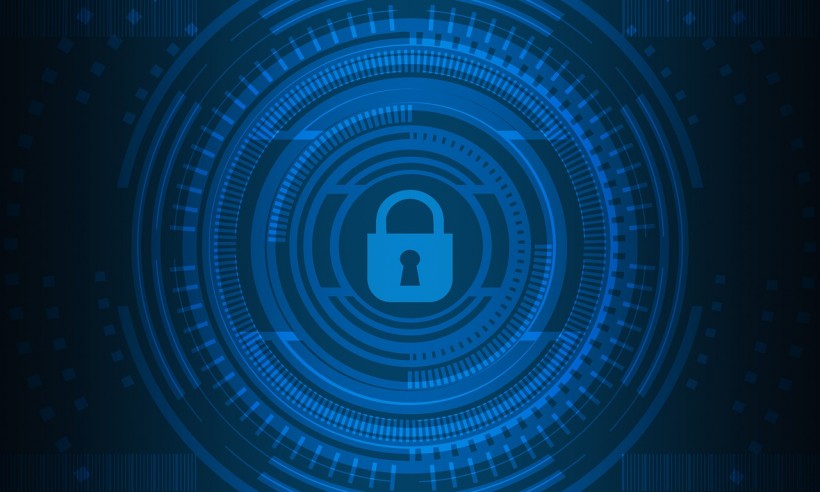Cybersecurity tools are like digital security guards that follow us everywhere we go, are always on-duty, and have got our backs. That is if you know how to use them properly and steer clear of blindly believing the myriad myths related to what cybersecurity tools are, what they can do and what they cannot do. It can be risky to have unrealistic expectations of what cybersecurity tools can do, such as what an antivirus is and what it isn't, what a firewall can guard against and what it cannot guard against, as well as something like knowing what the limitations of a VPN (Virtual Private Network) or private browsing mode in a browser are.
Cybersecurity myths come from the same place real-life myths come from, which can be distorted truths and lack of knowledge on the subject. There is a large amount of conflicting info surrounding this topic, which can be quite dangerous. Cybercrime, social engineering, and malware are no joke and have caused trillions of dollars of damage over the years, erased organizations off the face of the Earth, toppled governments and transcended the cyber-physical realm. Not knowing your cybersecurity correctly can lead to the theft of your data, the loss of your privacy, and worst of all financial loss and personal danger.
A good analogy would be taking a swim in the ocean without being armed with the proper knowledge of what lurks beneath the surface (or perhaps lacking swimming ability), or taking a hike into a hot desert landscape without the proper survival knowledge. Much like this, understanding cybersecurity tool myths will improve your online security and privacy immensely and will help others when you pass it on.
What are Cybersecurity Tools?
Cybersecurity is an industry dedicated to cyber defense or the protection of digital devices and data connected to the dangerous internet jungle. This industry includes both home user (consumer) and enterprise products. Cybersecurity is also about securing your personal data stored on your devices, protecting your privacy rights online and the education and awareness required to apply internet safety best practices in your life. Cybersecurity tools are exactly that, the tools that help you do this that have existed for decades, created by software and hardware vendors. Cybersecurity tools today are sophisticated powerhouses, but there are still limitations to understand which we will cover in the next section. First, let's list some common cybersecurity tools for consumers or home users. They can range from; an antivirus program, a software or hardware firewall, a VPN or Virtual Private Network, an antimalware program, a password manager, an anonymous email or messaging service, a file encryption program, and more.
What Are Cybersecurity Myths?
There are several limitations to what a cybersecurity tool can do that stems from a lack of knowledge or incorrect reputation (e.g. the distorted truth) of a cybersecurity product or service. Now, the most important things you need to protect in a digital environment that you access every day for various purposes are;
● Your email
● Your passwords
● Your sensitive stored data
● Your internet traffic
● Your computer or your device's health
So, to properly protect your assets as per the list above as well as your privacy and anonymity while browsing, you need;
● An anonymous email platform
● An anonymous messaging service
● A file encryption program
● A VPN or Virtual Private Network
● An antivirus or antimalware solution
● A password manager
What are the common myths and misconceptions associated with the above? Well, a large number of people still think that;
● Your emails are safe with Google
● You cannot be hacked because you are nobody
● You do not need to update your system and apps as everything seems to be running
● You do not need to encrypt your files
● You do not need a password manager
● Your internet connection is protected by your ISP or your government
● You cannot get viruses because you use a Mac
● Nobody can read your messages because WhatsApp has encrypted them
This may come as a shock to some, but absolutely all of the above are false misconceptions. And, very dangerous ones at that. Now, what about the false myths surrounding cybersecurity tools? Let's look at some of them. Here is the truth;
● A VPN will help encrypt and obfuscate your connection, but you can never be 100% certain who is looking at your internet traffic when you connect to a VPN server, especially if you are hiding from the government or browsing illicit websites, or conducting illegal activities
● An antivirus program cannot detect or eliminate every virus, and it is up to you to keep your browsing and download hygiene where it should be
● Even though large corporations claim that your messages and emails are end-to-end encrypted, several incidents have shown that your information can be shared and can be breached, even sold
● You do not have to be important to be hacked, global phishing and hacking campaigns scrape hundreds of millions of accounts because they are financially motivated
● A system that is not updated and does not have an antimalware program running in the background can become infected unbeknownst to you
● Your password can be breached, especially if they are short and predictable
● Never trust your ISP or the router that they rent out to you
In short, every piece of software out there, even the protection programs themselves can be and have been hacked. It is up to you to backup your data somewhere the internet cannot reach it, to use only premium paid and legitimate cybersecurity tools if you decide to use them, and practice good email hygiene to avoid phishing scams. Finally, keeping your systems up to date and using your common sense to never give out your passwords to someone you do not trust will take away a lot of headaches in the future.
* This is a contributed article and this content does not necessarily represent the views of sciencetimes.com














!['Cosmic Glitch' in Einstein's Theory of General Relativity Could Be Explained in This New Scientific Tweak [Study]](https://1721181113.rsc.cdn77.org/data/thumbs/full/53435/258/146/50/40/cosmic-glitch-in-einsteins-theory-of-general-relativity-could-be-explained-in-this-new-scientific-tweak-study.jpeg)
